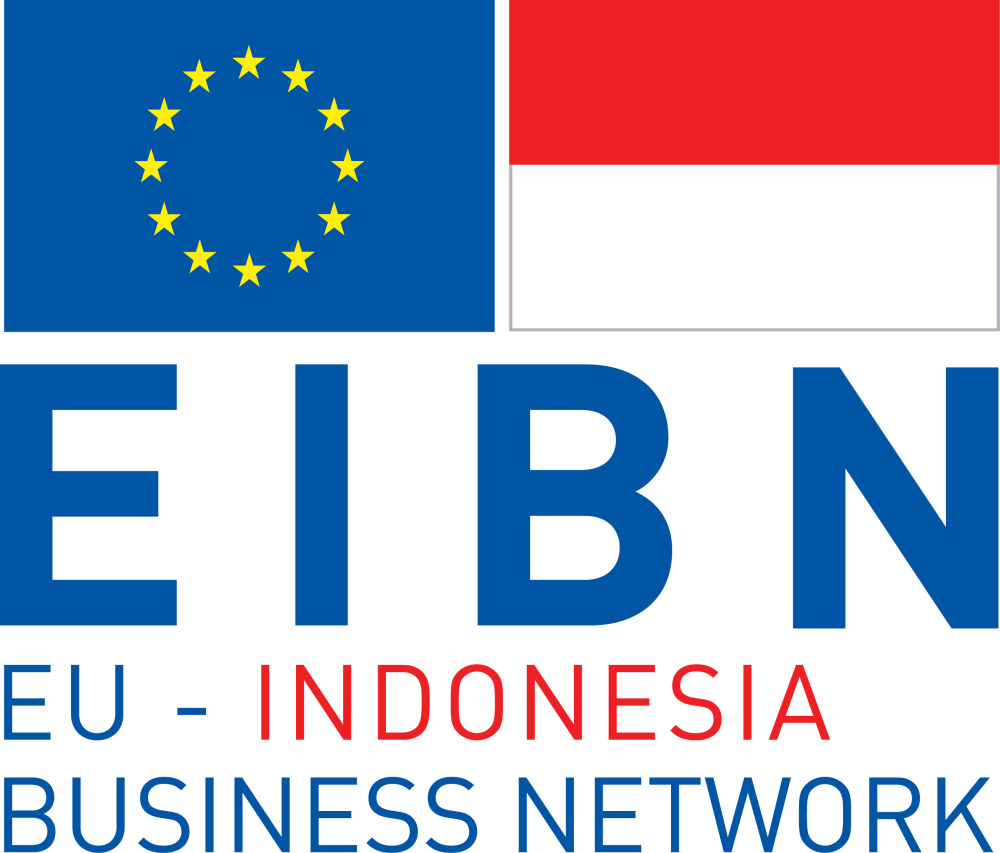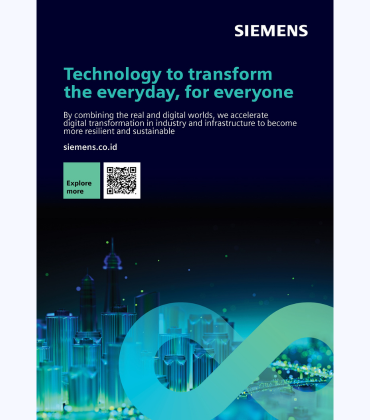Indonesia’s chemical industry is one of the more prioritized industries in the development of the country’s manufacturing sector. This is because the chemical industry plays a significant role in supplying the country’s other manufacturing sectors such as the plastic and textile industries. Within Indonesia’s Making Indonesia 4.0 roadmap, the chemical industry is also among the industries that are being pushed towards implementing industry 4.0 practices.
Comprising mainly two sub-industries — the basic oleochemical and biodiesel sector and the upstream petrochemical sector — Indonesia’s chemical industry has demonstrated steady growth in its economic contribution. The industry’s value rose from IDR 180.04 trillion in 2014 to IDR 395.11 trillion (approximately USD 23 billion) by the end of 2024. In the first half of 2025, exports of processed chemicals reached USD 10.75 billion, while imports amounted to USD 13.23 billion, according to data from the Ministry of Industry (Kemenperin). Although processed chemical goods have long been Indonesia’s top import category, the gap between imports and exports has gradually narrowed as the country continues to industrialize.
The Ministry of Industry notes that the upstream chemical industry provides a relatively small share of materials for the construction components sector but plays a key role as a stable supplier to the food industry. Its largest contribution, however, lies in supplying components to the pharmaceutical sector. Overall, the chemical industry maintains a capacity utilization rate of between 60 and 70 percent.
Despite this progress, fully developing Indonesia’s chemical industry remains a major challenge. The sector is capital-, technology-, and energy-intensive, while the country’s supporting infrastructure remains underdeveloped. As a result, the industry occupies a relatively low position in the global value chain and continues to rely heavily on imports, leading to higher production costs across the board.
Nevertheless, Indonesia’s large domestic market — home to over 275 million people, with a rapidly growing upper-middle-income class — continues to sustain robust demand for chemical products as the economy expands. As of August 2025, Indonesia’s Industrial Confidence Index (IKI) posted a score of 53.55, signaling stable expansion and improving from 52.89 in July 2025 and 52.40 in August 2024. Out of 23 manufacturing subsectors, only two contracted (fabricated metal products; and repair and installation of machinery and equipment). The fastest growth was seen in other transport equipment (58.39), printing and recorded media (56.86), and pharmaceuticals, medicinal chemicals, and traditional medicine (56.67). Expansion was driven by new orders (57.38) and inventories (57.04), even as the production component remained in contraction at 44.84.
As noted earlier, the chemical industry is capital-intensive, technology‐intensive, and energy‐intensive. Moreover, given its strategic nature, it is highly sensitive to both global and domestic externalities. For instance, fluctuations in exchange rates or crude oil prices can easily erode margins for companies in this sector. Domestically, weak integration between upstream and downstream linkages means that changes in infrastructure or logistics policy may quickly cascade into higher transport costs, adding to operational burdens for chemical producers.
Indonesia recognizes the need to attract more investment into the chemical sector. Accordingly, the government has instituted several fiscal incentives. These include tax allowances under PP 78/2019, which grant eligible investors reductions in corporate income tax (CIT) over a period, and tax holiday incentives under PMK rules (notably PMK-010/2020, amended by PMK 69/PMK.010/2024). The incentives can provide CIT reductions of 50 % or 100 % over 5 to 20 years, with additional benefits in a “post-holiday” period per regulatory stipulations.
However, the industry is also exposed to mounting trade and regulatory pressures, especially from the European Union. Under the EU’s Carbon Border Adjustment Mechanism (CBAM), importers must report embedded emissions and, for certain products, purchase carbon certificates. Meanwhile, EU deforestation regulation (EUDR) mandates that goods linked to deforestation cannot be admitted into the EU market, placing traceability and due diligence burdens on exporters.
Because Indonesia’s power generation is still heavily reliant on coal, many chemical producers may struggle to meet strict carbon or sustainability standards imposed by the EU. On the other hand, exporters may instead pivot toward large developing markets such as India, China, or Pakistan while investing in greener infrastructure to eventually satisfy EU norms.
Indonesia’s economy expanded by 5.31% in 2022 and has continued to grow at a stable pace of around 5% annually, signaling a sustained return to its pre-pandemic growth trajectory. The country has also succeeded in attracting billions of US dollars in investments across various industries.
According to Allied Market Research, the Indonesian chemical market is projected to reach USD 35.1 billion by 2030, up from USD 17.6 billion in 2020, reflecting a compound annual growth rate (CAGR) of 7.2%. Within this sector, the energy segment is expected to record the highest growth, with a CAGR of 8.6% over the forecast period.
Major ongoing projects include the development of naphtha crackers in Cilegon and the establishment of industrial parks in North Kalimantan by Tongkun Petrochemical, valued at approximately USD 8.6 billion. Meanwhile, investments in integrated petrochemical complexes, such as Chandra Asri’s expanded naphtha cracker and Lotte Chemical’s USD 3.9 billion facility, continue to strengthen Indonesia’s domestic production capacity.
Overall, despite both domestic and global challenges, Indonesia’s chemical sector remains one of the country’s most promising industries, bolstered by a rising middle class and abundant natural resources that provide a solid foundation for long-term growth.
This content is done in collaboration with:
Business Sectors








